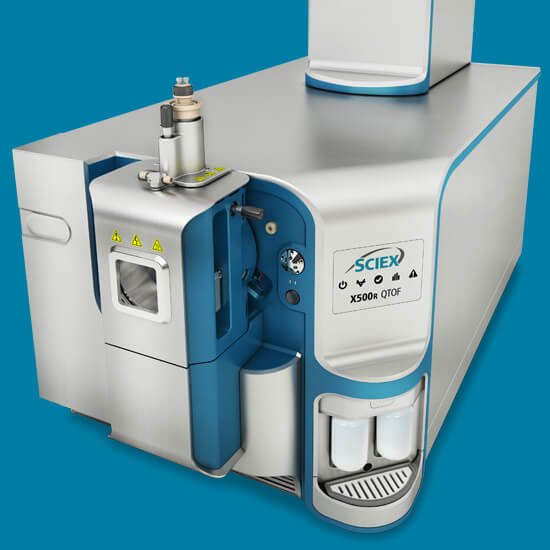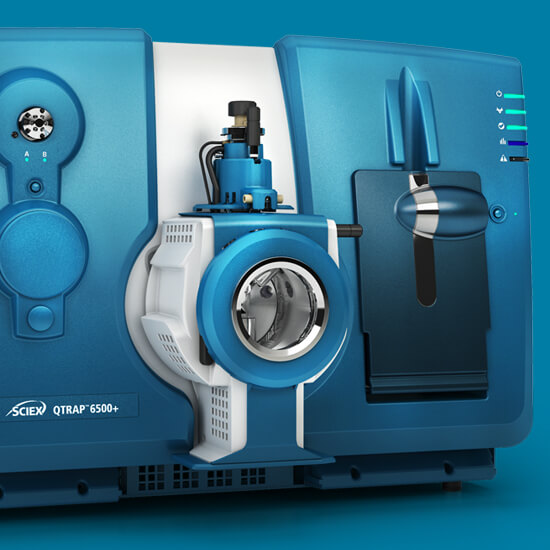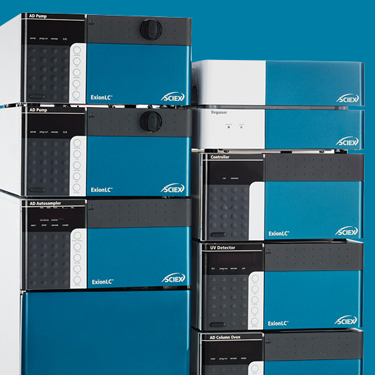We know that clean water is essential for life. But our water quality is threatened by thousands of chemical contaminants. For instance, while farmlands tend to have adequate drainage systems implemented, water from extreme rainfall and irrigation cannot always be contained by the soil structure. This is where the trouble begins. Pesticide and herbicide residues can potentially flow into groundwater and freshwater supplies over a large geographical area. Pesticides are also widely used in gardens and lawns, and can similarly discharge into our water supplies. These contaminants pose potential health risks. (1,2)
We know the stakes are high. A single drop of pesticide (i.e., herbicide, insecticide, fumigant, etc.) is enough to violate permissible limits, and even more concerning are the health implications of these pesticides when mixed with our drinking water. (3)
A highly sensitive water testing approach
With LC-MS/MS technology, scientists and researchers can analyze even low levels of pesticides in water, and then use this information to inform risk assessments for human health. SCIEX supports these efforts with sensitive and accurate LC-MS/MS solutions that help enable the efficient testing and monitoring of water, from source to consumer, for a vast range of contaminants. Water testing typically requires time-consuming sample preparation to meet the ultra-low detection limits enforced by regulators. LC-MS/MS solutions from SCIEX for water quality testing provide labs with:
- Simplified workflows for the direct injection of water samples for analysis, with minimal sample preparation required
- Enhanced sensitivity for the reliable detection of trace chemical levels in samples
- Flexible and robust qualitative and quantitative performance characteristics, with simultaneous targeted and non-targeted contaminant screening
- The ability to analyze for diverse compound classes, including pesticides, herbicides, pharmaceuticals, organic chlorine compounds, industrial chemicals, complexing agents and even unknown degradation or chemical byproducts, all in a single injection




